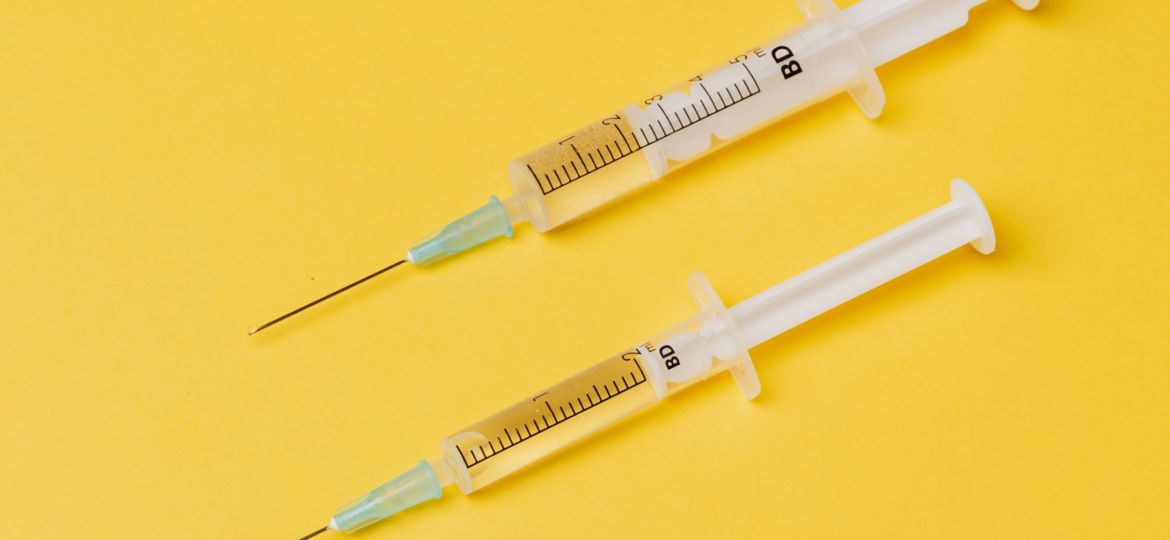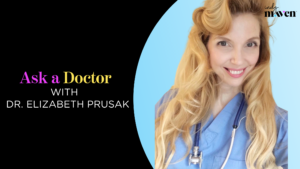
“Ask the Doctor” is a series of articles where we ask Indiana-area women physicians for their insight on a variety of topics. Have a question you’d like answered by a physician? Or are you a doctor who is interested in being featured? Email us at editorial@indymaven.com.

Q: SHOULD I GET THE HPV VACCINATION IF I’M OVER AGE 30?
Dr. Prusak’s answer:
Human papillomavirus infection (HPV) is associated with anogenital cancers (including cervical, vaginal, vulvar, penile, and anal) and oropharyngeal cancers (back of tongue, tonsil). HPV is also associated with benign genital warts. Even with the success of cervical cancer screening in the United States, each year cervical cancer kills more than 4,000 women. Most cases of cervical cancer occur in women who have had inadequate screening.
In 2006, the Food and Drug Administration approved the “9 Valent” (Gardasil9) vaccine which protects against nine types of HPV and is the only vaccine currently available in the United States. The HPV vaccine became an essential part of basic preventive healthcare for children, teenagers, and young adults aged 9-26.
However, in October 2018, the Food and Drug Administration approved the expanded use of the “9 Valent” (Gardasil9) vaccine to include women and men aged 27 through 45 years. This newer approval has been a source of debate amongst medical professionals, and to some patients may come as a surprise.
What is there to know about the HPV vaccination if you are over 27 years old—and should you get it?
Although administration of the HPV vaccine is safe in patients aged 27–45 and can prevent new infections in women not previously exposed to the HPV-type protection generated by the vaccine, most women in this age range will have been exposed to HPV already. The overall public health benefit of HPV vaccination in women aged 27–45 years is very much diminished compared with use in the target age range of under 27 years old.
Ideally, the HPV vaccination should be given in early adolescence because vaccination is most effective before exposure to HPV through sexual activity.
However, for some women aged 27–45 years who are previously unvaccinated, obstetrician-gynecologists and other health care professionals may use shared clinical decision-making, taking into account the patient’s risk for acquisition of a new HPV infection and whether the HPV vaccine may provide benefit.
Those women aged 27–45 years who are most likely to benefit from vaccination are those at greater risk for HPV exposure or acquisition: younger women, women who are not in committed monogamous relationships, and women with recently diagnosed sexually transmitted infections.
What to do next? If you are aged 27-45, talk to your doctor about getting the vaccine, and based on your risk factors and shared clinical decision-making, you will be able to decide on the best plan of action.
Dr. Elizabeth Prusak is a board certified OB/GYN physician with a fellowship in advanced pelvic surgery. She holds a certification from the North American Menopausal Society in menopause and sexual health.
All of our content—including this article—is completely free. However, we’d love it if you would please consider supporting our journalism with an Indy Maven membership.






